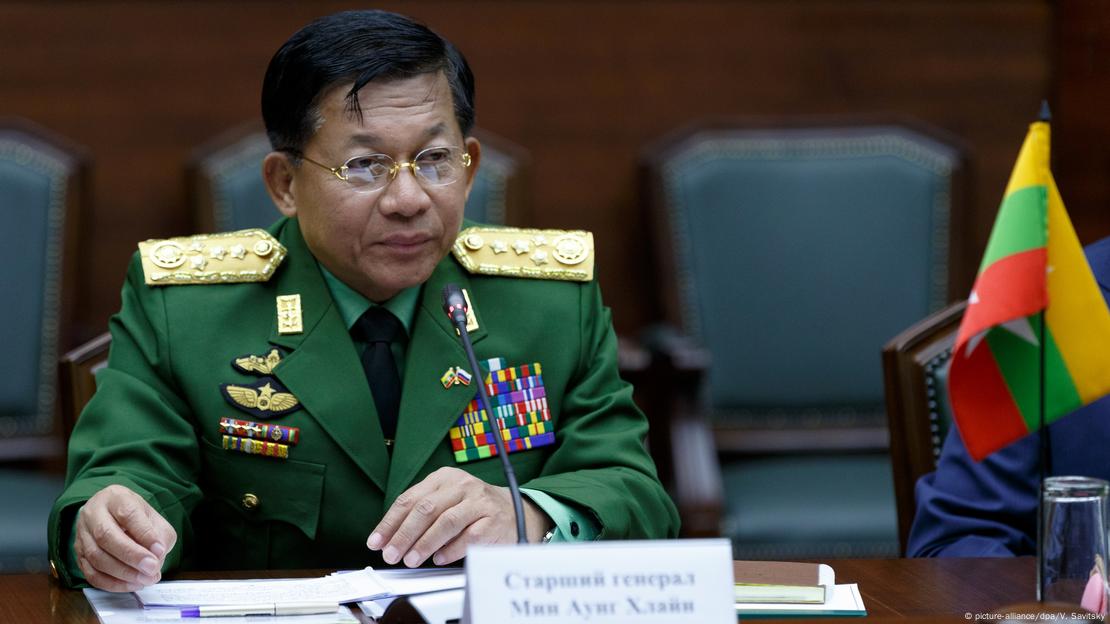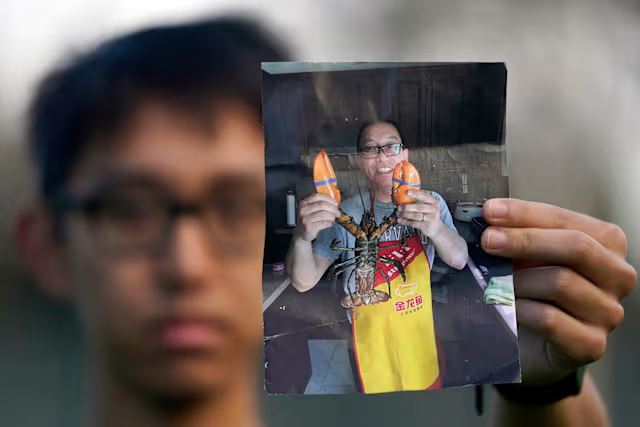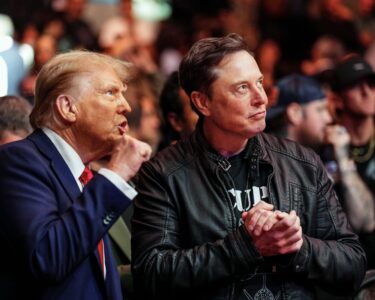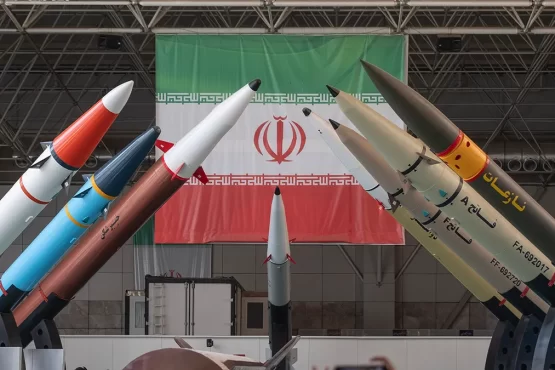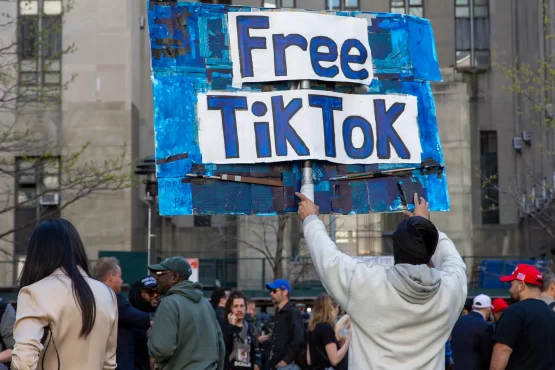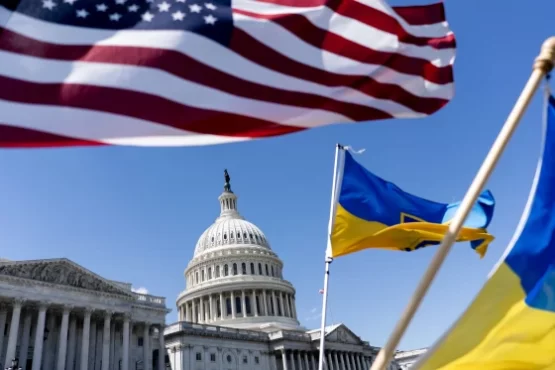The International Criminal Court prosecutor announced Wednesday he would seek an arrest warrant for Myanmar’s military leader Min Aung Hlaing for crimes against humanity in the alleged persecution of the Rohingya Muslim minority.
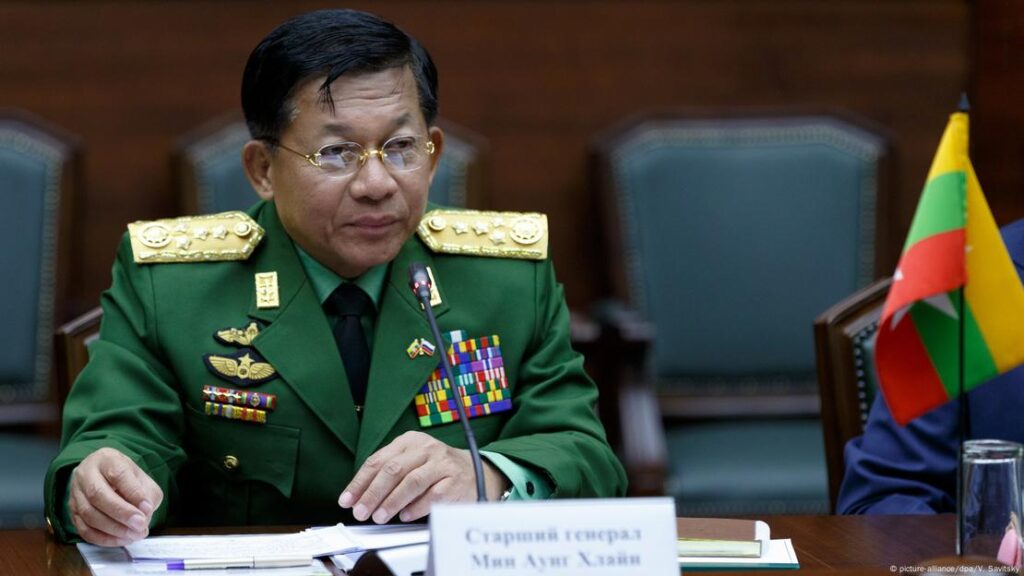
The move follows a nearly five-year investigation into the 2017 military offensive that forced a million Rohingya to flee to Bangladesh. United Nations investigators described the campaign as a textbook example of ethnic cleansing, documenting how soldiers, police, and Buddhist residents razed hundreds of villages in Myanmar’s western Rakhine state, conducting mass killings, torture, and gang-rapes.
“He [Min Aung Hlaing] is responsible for orchestrating the genocide against the innocent Rohingya people,” said Mohammed Zubair, a Rohingya researcher living in a Bangladesh refugee camp. “Under his command, the military killed thousands of Rohingya and subjected countless women and girls to horrific acts of sexual violence.”
Myanmar has denied the allegations, claiming security forces conducted legitimate operations against militants who attacked police posts. Most Rohingya refugees now live in Bangladesh camps.
Nicholas Koumjian, head of the U.N. Independent Investigative Mechanism for Myanmar, which assisted the ICC investigation, said seeking a warrant for Myanmar’s highest military official “sends a strong message to perpetrators that no one stands above the law.”
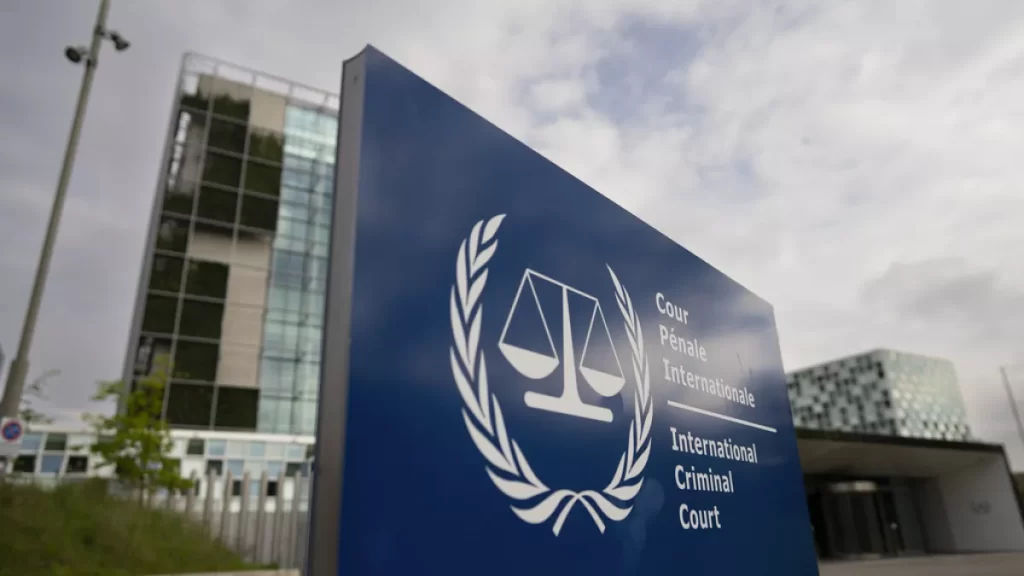
The ICC investigation faced significant challenges, including lack of access to Myanmar and the country’s political turmoil following the 2021 military coup. Investigators relied on witness testimonies, including insider accounts, along with documentary evidence and authenticated scientific, photographic, and video materials.
“The ICC prosecutor’s decision to seek a warrant against Sr. Gen. Min Aung Hlaing comes amid renewed atrocities against Rohingya civilians that echo those suffered seven years ago,” said Maria Elena Vignoli, senior international justice counsel at Human Rights Watch.
The court, which has 124 member nations but lacks its own police force, faces significant challenges in securing Min Aung Hlaing’s arrest, particularly as he rarely travels internationally. Major powers including the United States, Russia, China, and India have not joined the ICC, though it maintains support from the European Union, Britain, Japan, and numerous African and Latin American nations.
The ICC has previously issued arrest warrants for other serving national leaders, including Israeli Prime Minister Benjamin Netanyahu, Russian President Vladimir Putin, and Sudan’s Omar al-Bashir. Only Kenya’s Uhuru Kenyatta has appeared before the court while serving as head of state, in a case that was later dropped.
The prosecutor’s office emphasized the warrant request followed extensive, independent investigations, promising additional arrest warrant applications related to Myanmar would follow.

